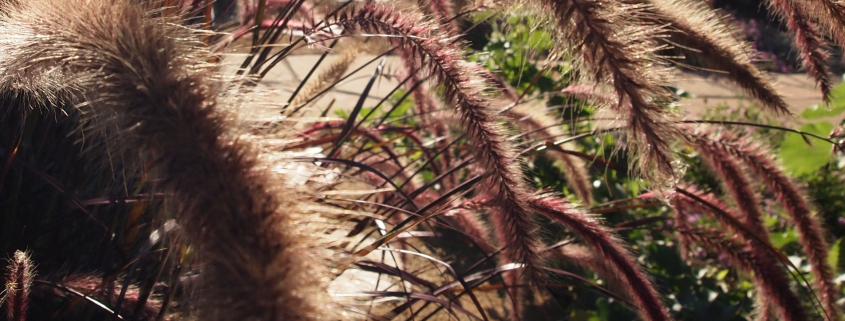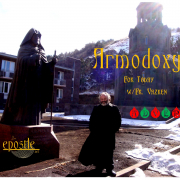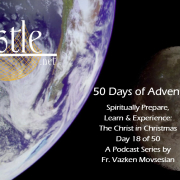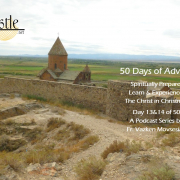Better Weather Elsewhere?
Armodoxy for Today: Atmosphere
If you’ve ever looked up at the illuminated moon, or studied close pictures of its surface, you can’t help but notice its pock-marked surface. Craters, large and small, are the witnesses to eons of bombardment by meteors, chunks of planets, debris, rocks, and ice slamming into its surface. Everywhere you look on the moon’s surface, there are craters. There’s no escaping the destruction of space-stuff on that surface.
The moon is our closest astronomical neighbor. It belongs to planet Earth, circling around us as Earth’s largest natural satellite. And yet, the surface of the Earth and the surface of the Moon have no resemblance.
The Earth is traveling around the Sun in its orbit, along with other planets and an assortment of debris, rocks, ice and space-stuff. Once these small bodies of matter enter the Earth’s atmosphere, they light up and we conveniently label them as meteors. They streak across the sky and we call them shooting-stars. Actually, they are merely matter becoming incandescent as a result of the friction. Thanks to our atmosphere, most of these objects burn away or slow down so much that their destruction is minimal. Thanks to our atmosphere, the surface of the Earth differs from the surface of the moon quite dramatically. Not only do we not have craters, but we have lush forests, vegetation, oceans, water and therefore, we have life! Of course, the atmosphere is also responsible for our weather patterns, which include beautiful, moderate to fair weather, as well as hurricanes and tornadoes. Storms and monsoons cause floods and sometimes there is loss of life because of the harsh conditions. The atmosphere is responsible for life, as well as for the loss of life.
Natural disasters are built into the design of life. An earthquake happens because the tectonic plates, deep below the Earth’s surface, upon which we build our civilizations, settle and shift. Much like the atmosphere that saves us from meteors, the earth below our feet gives us an environment to build and create life.
We end today, with a short reading from the Gospel of St. Luke, chapter 13, where our Lord Jesus Christ explains that natural disasters are not based on our guilt, our sins nor the sins of our fathers.
“Do you suppose that these Galileans were worse sinners than all other Galileans, because they suffered such things? I tell you, no; but unless you repent you will all likewise perish. Or those eighteen on whom the tower in Siloam fell and killed them, do you think that they were worse sinners than all other men who dwelt in Jerusalem? I tell you, no; but unless you repent you will all likewise perish.”
7B23

 2011 Fr. Vazken
2011 Fr. Vazken 2025 Epostle
2025 Epostle 2025 Epostle
2025 Epostle 2009 Fr. Vazken Movsesian
2009 Fr. Vazken Movsesian
 2014 Fr. Vazken
2014 Fr. Vazken 2025 Fr Vazken
2025 Fr Vazken

 2019 Fr. Vazken
2019 Fr. Vazken
Leave a Reply
Want to join the discussion?Feel free to contribute!